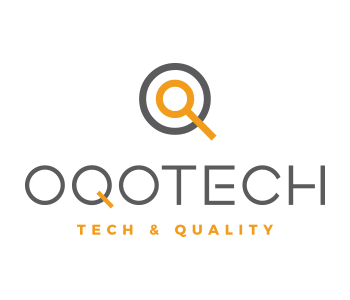
Errors in the maintenance of data integrity
We identify the errors in the maintenance of most common records and we present some tips to avoid the integrity of data is compromised.


The integrity of the data in the pharmaceutical sector is a subject of growing concern for regulatory bodies such as EMA, WHO, FDA, etc. In recent years, frequent violations of the integrity of the data have been detected in inspections in compliance with Good Manufacturing Practices (GMP) made by the regulators, which may entail sanctions for findings of this type (even when the infringement does not give as a result thing such as defective product or a complaint from a customer).
We have previously shared recommendations to identify and correct deficiencies in data integrity in computerized systems.
And on this occasion, we want to provide a more practical approach to what companies are doing wrong, helping them to identify the errors in the maintenance of more common records that occur in practice and that can lead to non-compliance.
Errors in the maintenance of records that can compromise the integrity of the data
Lack of controls on access to GMP systems
When it comes to ensuring the integrity of the data, the objective is to guarantee complete, accurate, consistent, legible, attributable, contemporarily registered, original, enduring and available data, that is, complying with the principles of the ALCOA rule.
Some of the biggest problems encountered in this regard have to do with:
- Users who share the same login credentials to systems
- Lack of controls to avoid the elimination or modification of data corresponding to specifications, process parameters or analysis results.
- Lack of support from computerized systems.
The adequate validation of computerized systems can avoid errors of this type establishing a continuous process of data management that ensures an accurate and consistent record throughout the life cycle of the data.
Lack of audit trail in the analysis procedures
An audit trail is a secure electronic record that provides a timeline of events related to the creation, modification or elimination of critical data, such as process parameters or results. An audit trail also keeps track of system activities, such as attempts to rename or delete a file.
If audit trail systems are not enabled or if they are not reviewed properly, data may be lost or obscured, which obviously can be a big problem. Due to this, every organization must include an audit trail is an essential part of the analysis procedures where the following elements are captured:
- Results of analysis of finished products.
- Identification of samples and sequences in progress.
- Critical parameters of the process.
The quality unit of the company should review the analysis process and the control records, including the audit trail, before finally approving a product.
Obsolete processes on paper
Although many companies have automated documentation processes, there are some companies that must keep records on paper as part of the documentation, so organizations must ensure:
- Treat blank forms such as worksheets and lab notebooks as controlled documents. For example, issuing and reconciling numbered sets of blank forms.
- Retain erroneous or incomplete forms as part of the permanent record, including the reason for which they were replaced
- Establish document control groups to detect unofficial notebooks and empty spaces on the pages of the notebooks, sealing them for official use.
Although it may be difficult to completely eliminate paper records (such as notebooks, a process that is deeply rooted in the laboratory environment), it is recommended to replace them as much as possible with an electronic system, which is much more effective and simplify audits and regulatory compliance.
Inadequate records of equipment maintenance
The lack of records corresponding to equipment maintenance is a recurring failure in inspections.
The proper functioning of the equipment is critical in the production of safe and high-quality medicines, which is why it is essential that the proper functioning thereof through proper preventive/corrective maintenance and the corresponding record of this maintenance.
Inspections and reports of non-compliance with GMP by regulatory bodies are growing rapidly, carrying with them costly corrective actions that must be implemented in a short time. Therefore, we recommend avoiding reaching these scenarios, and the best way to do it is through proactive strategy, implementing good practices that avoid errors in the maintenance of records that could compromise the integrity of data.
At Oqotech we have extensive experience implementing Data Integrity policies and we can support your company in the execution of strategies that avoid errors in the maintenance of records. Contact us and we will accompany you throughout the process.








